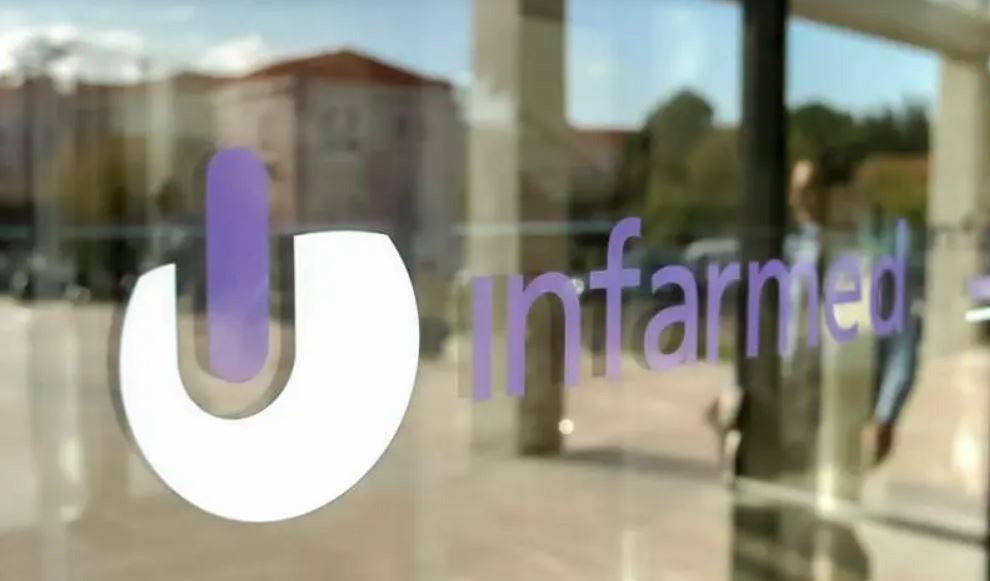“Showing up at the Department of Revenue to pay taxes on your illegal drug sales is probably not the most common practice.”
By Peter Callaghan, MinnPost
A year ago, no one in the Minnesota Legislature thought it was a good idea to require drug dealers to buy tax stamps on their illegal goods.
A year ago, nearly everyone in the Minnesota Legislature thought it was a good idea to repeal such a requirement that was a vestige of the 1980s war on drugs.
But a year ago, the repeal didn’t happen, caught up like a lot of legislation in the chaos of the closing hours of the 2024 session. While popular, it was not included in the 1,400-plus-page Mega Omnibus bill that contained hundreds of other bills.
So sponsors are trying again.
“Our current statute expects that people selling illegal drugs purchase stamps from the Department of Revenue upon the sale of their illegal drugs,” Rep. Jessica Hanson (DFL-Burnsville) told the House Taxes Committee on Tuesday. “As I’m sure you can imagine, showing up at the Department of Revenue to pay taxes on your illegal drug sales is probably not the most common practice.”
The tax raises very little money, and sales appear to be from people who consider them collectors items more than drug dealers. While it can and has been used by county prosecutors, mostly outside the Twin Cities metro area, the county attorneys association has no position on the repeal, Hanson said.
The bill’s cosponsor is the DFL taxes committee lead, Rep. Aisha Gomez of Minneapolis. And speaking in support was current Taxes Committee Chair Greg Davids of Preston who said he would consider moving the bill quickly rather than wait to have it included in a taxes omnibus later in session.
“After this bill, I don’t think we’ll need these stamps anymore,” Davids said while holding up a revenue stamp meant to be affixed to the drugs when sold. “So they’re collectors items, or soon to be.”
The Senate version is sponsored by Sen. Clare Oumou Verbeten (DFL-St. Paul).
House File 100 in 2023, which legalized cannabis for recreational purposes, has its own taxation. But it will only cover the sale of legal cannabis. Under current law, someone selling cannabis that is outside the regulation of the state, such as via the illicit market, would still be obligated to buy stamps.
Under the law, sellers are expected to pay $3.50 per gram for cannabis, $200 per gram for controlled substances and $400 per dose for drugs not sold by weight. Good news though: If a dealer has already paid a similar tax in another state, they can claim a credit on their Minnesota levy.
The issue gets laughs when it is presented, as in who would ever expect a drug dealer to pay taxes on their drugs before they are sold? But it appears the provision was meant to give prosecutors an extra charge to file against those accused of selling illegal drugs. While it doesn’t raise much revenue, it has been used to charge dealers with the crime of failure to pay taxes.
Kurtis Hanna has made it a passion project to get the tax repealed. Currently a lobbyist working on cannabis legalization issues, Hanna has long advocated for legalization after his own experience with a similar law in Iowa. Sixteen years ago, Hanna was arrested for possession of three ounces of marijuana. The prosecutors charged him with both possession of a Schedule I substance and failure to affix a tax stamp to that substance. The charges in Iowa were eventually dropped because police officers conducted a search of Hanna’s car without his permission and without a warrant.
Hanna’s research found that the federal government had a tax on illegal drugs from 1937 to 1969, when it was struck down by the U.S. Supreme Court. The legal reasoning was that it violated 5th Amendment provisions against self-incrimination.
But when the Minnesota Supreme Court had a similar case in 1988, it found that the illegal drug tax was permitted.
While it isn’t used a lot in drug prosecutions, it does still happen, Hanna found by looking at Minnesota court records.
He found 70 convictions for failure to pay the drug tax since 2012 involving 55 different prosecutions. He said the cases are rare—around a dozen a year, mostly in greater Minnesota.
While stamps can be ordered by mail, that requires a return address. The Department of Revenue does provide an anonymous way to purchase the stamps—at a window at its St. Paul headquarters using cash. But the department asks for notice so someone can be available to handle the transaction and have stamps ready.
This story was first published by MinnPost.
7 In 10 Marijuana Consumers Plan To Spend More Or The Same Amount On Cannabis In 2025, Poll Finds
Read the full article here

